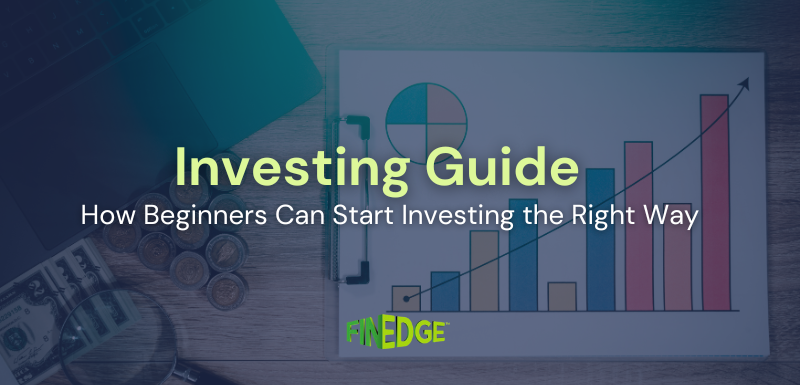Best Way for NRI Investment in India Without Falling Into Common Traps
- Many NRIs fall into the trap of insurance mis-selling masked as safe investments.
- Mutual funds are a powerful vehicle for goal-based investing in India.
- Financial planning and expert-led advice are critical for aligning investments with life goals.
- The right platform can help you avoid common mistakes and invest ethically and efficiently.
As an NRI, you're in a rare position: you earn globally and can invest in one of the world’s most dynamic economies. But how can you make the most of your NRI investment in India without getting caught in high-cost, goal-less traps? Let’s explore what truly works, and what to avoid.
Why Do So Many NRIs Fall Into Investment Traps?
Insurance mis-selling to NRIs is more common than you'd expect. Whether you're in Dubai, Toronto, or Singapore, you’ve probably encountered:
-
Family bankers pushing traditional plans
-
WhatsApp groups offering “NRI-exclusive guaranteed returns”
-
Agents pitching ULIPs, child plans, or life insurance as “investment opportunities”
The catch?
These so-called investments often:
-
Deliver low post-tax returns (5–6% CAGR)
-
Have 10–20 year lock-ins
-
Charge high commissions
-
Aren’t tied to your actual life goals
They benefit the seller more than you.
What Is the Best Investment for NRIs in India Today?
1. Start with Mutual Funds via SIPs or STPs
If you’re serious about NRI financial planning, NRI mutual funds India should top your list.
Why they work:
-
Professionally managed and SEBI-regulated
-
Easy to monitor and invest from abroad
-
Offer tax advantages depending on your holding period
-
Can be tied directly to your life goals (retirement, education, relocation)
You can invest using your NRE (repatriable) or NRO (non-repatriable) accounts. Many platforms (like FinEdge) offer completely digital onboarding for NRIs in the US, UK, UAE, Singapore, and Canada.
Pro Tip
Align each SIP with a specific goal. This not only adds discipline but brings peace of mind during market volatility.
2. Create a Goal-Based Financial Plan (Not a Product List)
What separates smart investing from random investing is clarity of purpose.
Typical NRI goals might include:
-
Saving for your child’s education
-
Diversifying your global assets
-
Maintaining ties for future relocation
A customized NRI portfolio review helps prioritize and time these goals, making your India exposure meaningful and efficient.
3. Choose an Investment Expert, Not a Product Pusher
Most NRIs aren’t short of options. What they lack is bias-free advice.
Avoid platforms that:
-
Push insurance or unsuitable platforms
-
Prioritize sales targets over client’s goals
-
Provide one-size-fits-all portfolios
Why NRIs Trust FinEdge for Investment in India
At FinEdge, we work with 20,000+ clients across 90+ countries. What sets us apart?
-
100% digital onboarding, documentation & KYC
-
The proprietary Dreams into Action (DiA) platform that personalizes your journey
-
Dedicated investment managers with no sales targets
-
Ongoing support with NRI portfolio review and realignment
Whether you're in New York or Nairobi, FinEdge ensures your India investments remain transparent, compliant, and in sync with your goals.
Final Thoughts
Investing in India as an NRI doesn’t need to be complicated; it just needs to be goal-based, ethical, and professionally managed. Stay away from commission-led traps and focus on what truly matters: growing your wealth with purpose.
FAQs
Your Investing Experts
Continue Reading
Beginner Investing Guide: How to Start Investing the Right Way
Investing for beginners can feel both exciting and overwhelming. With constant news about markets, social media opinions, and stories of quick gains, first-time investors often struggle to separate what truly matters from what is simply noise.
How to Save More From Everyday Expenses and Invest More Consistently
Spending smarter, timing purchases better, and being intentional with recurring expenses can create a steady surplus that can be channelled into long-term investments.
Rupee Falling? How to Protect and Grow Your Investments
When the rupee weakens, it often creates anxiety for investors. But currency depreciation is not an anomaly; it is a recurring phase in every long-term economic cycle. The real question is not whether the rupee will fall, but how investors should respond to it without derailing their long-term financial goals.
.jpg)



